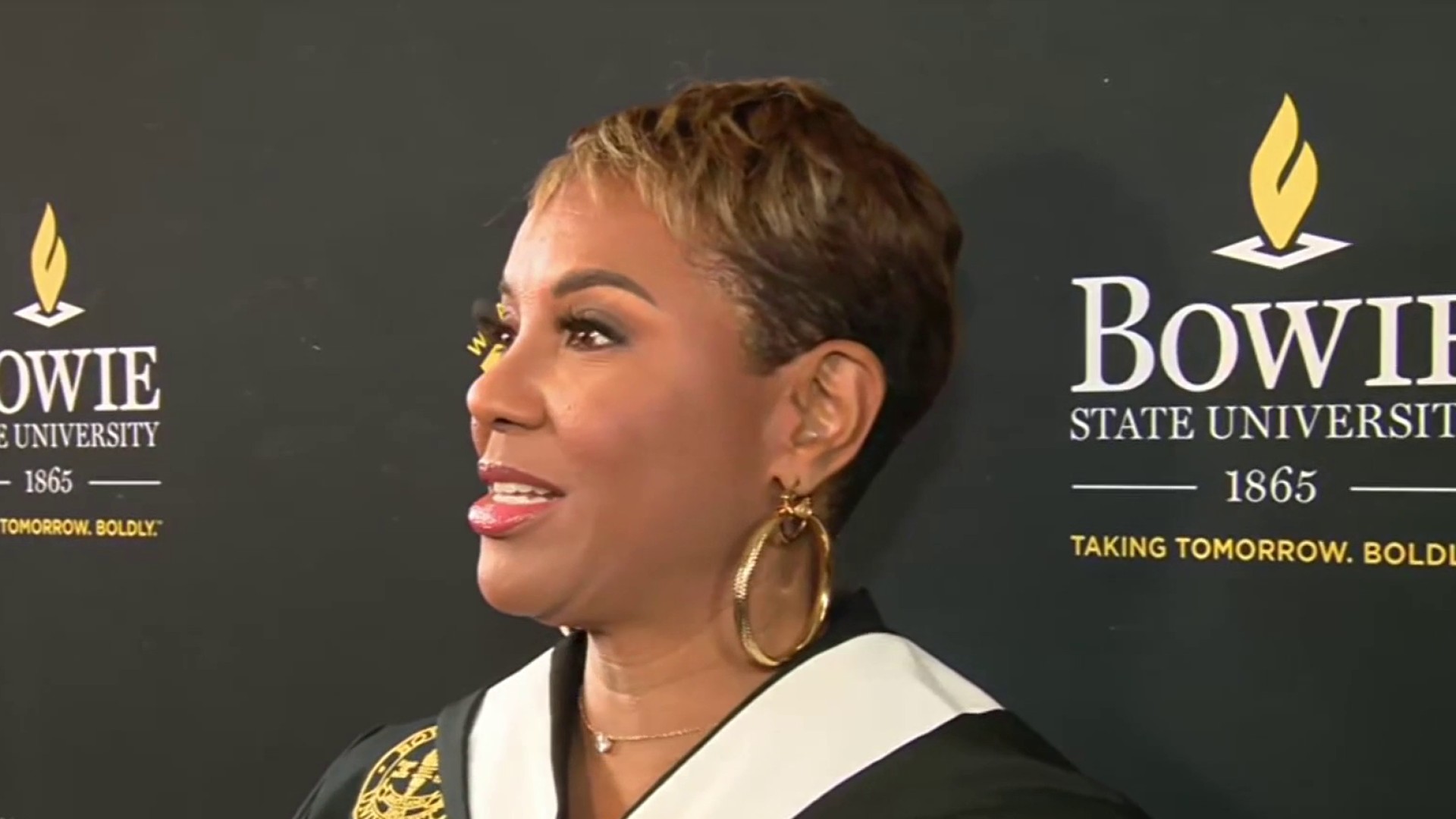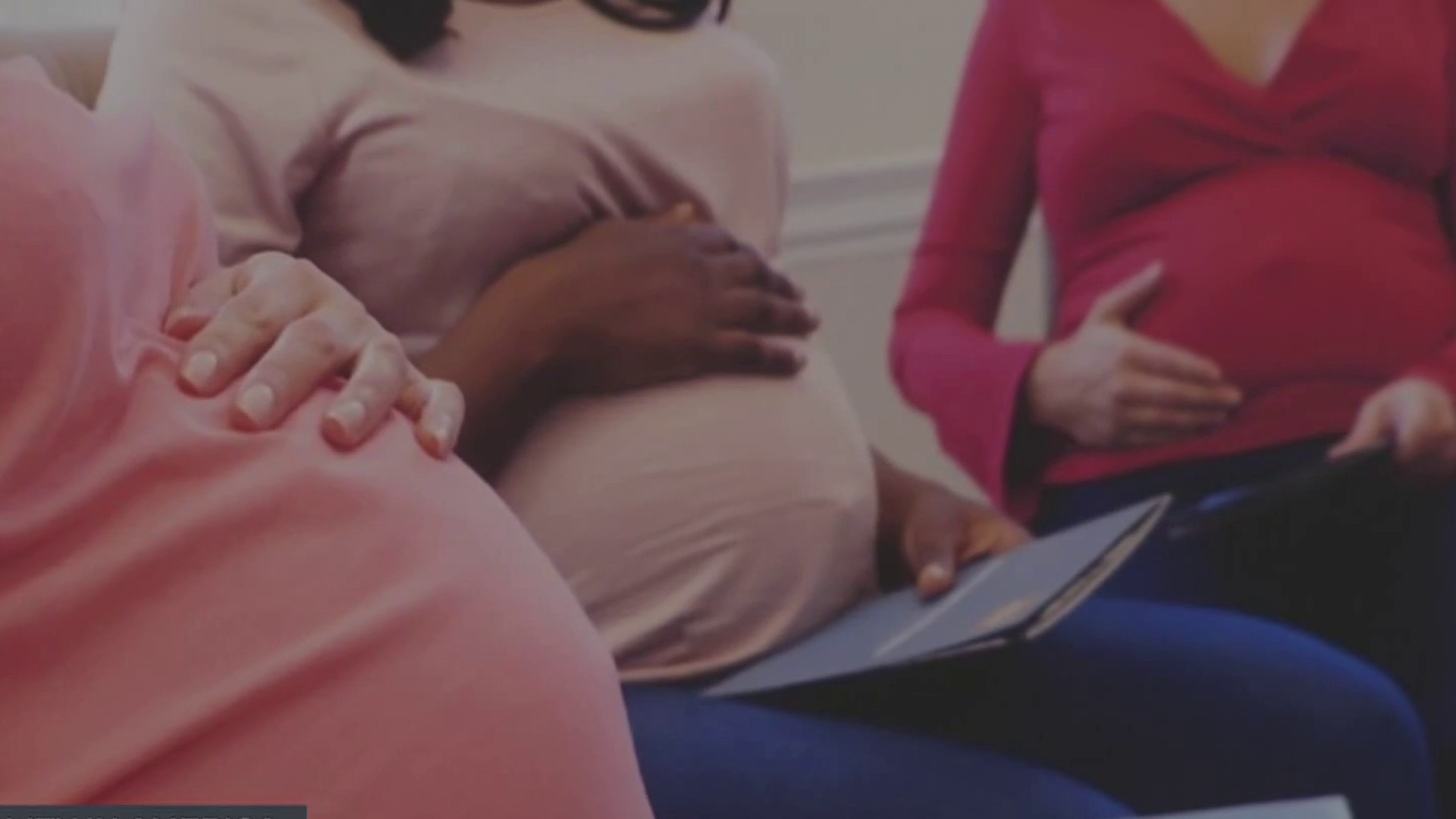Prince George’s County’s compost program will include curbside pickup to help fight climate change and its disproportionate impact on communities of color.
Prince George's County has the largest and most advanced composting facility on the East Coast and the largest one in a Black and brown community in the country.
“Prince Georgians, I want you to join us in composting, and hear me on this: every meal, every scrap, every Monday,” County Executive Angela Alsobrooks said.
Residents will receive a wheeled green cart and kitchen pail to collect food scraps and yard trim for composting every Monday.
We've got the news you need to know to start your day. Sign up for the First & 4Most morning newsletter — delivered to your inbox daily. >Sign up here.
“Our composting program, because it’s a municipal composting program, can accept things that you normally wouldn’t compost in your backyard,” Prince George’s County Department of the Environment Director Andrea Crooms said. “That includes not only your vegetable scraps, but your meat scraps, your seafood scraps, pizza boxes, paper products.”
It’s not the traditional twice-a-week trash collection many residents want, but that's on purpose.
“Making sure that we are able to answer this concern but to do so in a way that preserves our environment,” Alsobrooks said.
Prince George's County
Prince George's County, Maryland, news updates, events and information
Mamie Small is among the 20,000 residents who opted into trying the pilot program and considers herself a composting queen.
“I have little containers all over my house that I put vegetables and all kinds of stuff in there, and I feed my plants,” she said. “You should see my plants in my backyard.”
According to the county, more than 34% of its landfill waste is organic food items that become methane – a greenhouse gas that contributes to climate change. The compost program also allows for an additional day of waste collection without putting extra trucks on the road, helping to slow the impacts of climate change in a community that's impacted more than most.
“This is a predominately Black and brown community where we see the impact in ways that people generally don’t calculate,” Alsobrooks said. “For example, the asthma. The amount of asthma that is in our community. The allergies. All of the other health impacts. And so, this is important for us for the environmental justice standpoint.”
The county regularly leads the state in its recycling efforts and hopes to do the same in composting.
Starting Monday, 65,000 compost carts will be delivered to residents. There will be a second distribution in the spring and fall of 2023.
The county said all residents who receive trash pickup should have the materials needed to participate by the end of next year.



